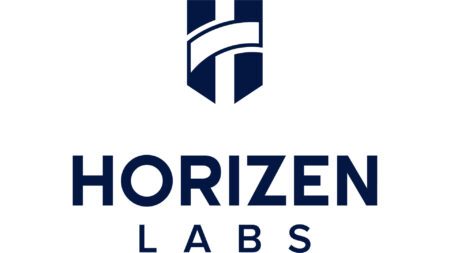Japan’s Financial Services Agency (FSA) is currently in the process of introducing stricter standards of review for cryptocurrency exchange operators. Hoping to prevent a second Coincheck scandal from ever rearing its ugly head, the body is being proactive in its attempts to forestall any future digital currency heists.
As a spokesman for the FSA explained:
“We need to introduce a new perspective in reviews of registrations.”
This improved process will attempt to go further than simply documenting operators, including both preliminary visits and detailed investigations as a matter of course.
This marks a switch from Japan’s earlier efforts to support the budding industry, with its current focus being more on compliance and consumer protection than the promotion of virtual currencies.
Barring any changes to the body’s proposed plans, exchange operators that register with the government will now be expected to meet five criteria. The first of these is intended to ensure improved system management, and specifies that they must not store currency on internet-connected computers, and must have multiple passwords in place for currency transfers.
Should operators meet this requirement, they will also have to have systems in place to prevent money laundering, such as ways of verifying a customer’s identity before any large transfers are effected.
In addition to this, they must make certain that customer assets are managed separately to exchange assets, and that consumer balances are checked multiple times per days to ensure that any signs of diversion are spotted early. Rules must also be set down to stop officers employed by the operator from using client money or virtual currencies.
If this were not enough, restrictions will be placed on the types of cryptocurrencies that can be sold or traded by or with government registered exchange operators. Any that grant a degree of anonymity and can be easily manipulated for the purposes of money laundering will automatically be banned.
Finally, stricter internal regulations will be put in place by the FSA. These will make it so that operators must have managers separate from their shareholders, and system development roles filled by different employees to asset management roles, in order to stop any exploitation of the system for personal gain.
It is hoped that this new five-point framework will give the agency an increased ability to carry out detailed assessments and pinpoint potential risks in advance. As an FSA source said:
“Without the necessary know-how, we’ve been feeling our way through the dark on how thoroughly we should check these different aspects.”
Both new and existing operators will be expected to meet these more stringent standards moving forward.









